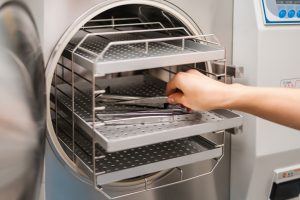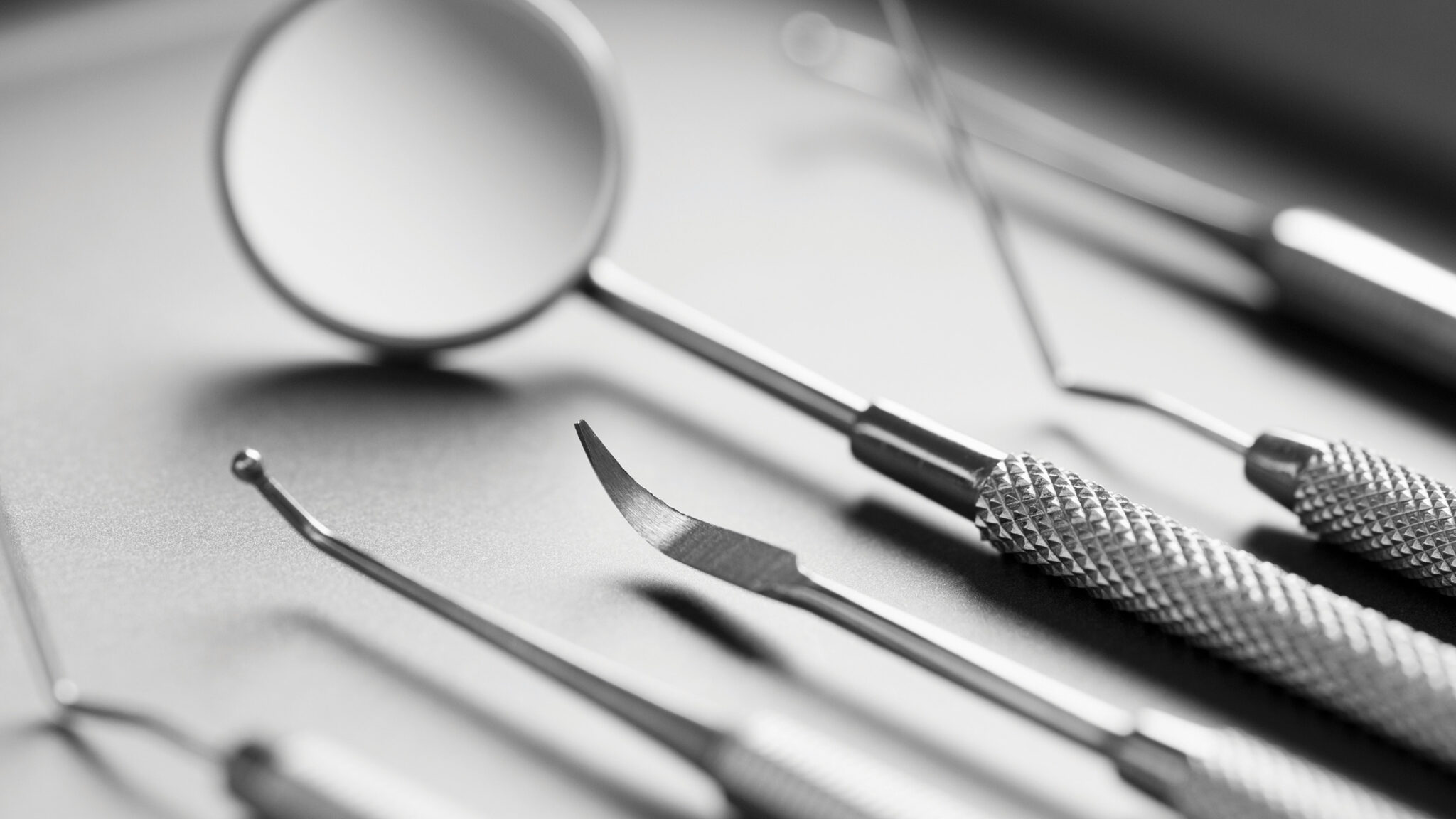
Steam autoclaves are widely used in medical and laboratory settings to sterilize equipment, tools, and supplies. They work by using high-pressure steam to kill bacteria, viruses, and other microorganisms that may be present on surfaces. This article explores the science behind steam autoclaves and their benefits for infection control in healthcare settings.
What are Steam Autoclaves?
Steam autoclaves are devices used to sterilize equipment, tools, and supplies in medical and laboratory settings. They work by using high-pressure steam to kill microorganisms that may be present on surfaces. The process of steam sterilization involves exposing items to steam at a high temperature and pressure for a specified period of time, typically around 15-20 minutes.
How do Steam Autoclaves Work?
Steam autoclaves work by using high-pressure steam to sterilize equipment and supplies. The process of steam sterilization involves exposing items to steam at a high temperature and pressure for a specified period of time, typically around 15-20 minutes. The high pressure and temperature of the steam penetrate the cell walls of microorganisms, causing them to rupture and die.
Benefits of Steam Autoclaves:
Steam autoclaves offer several benefits for infection control in healthcare settings. Some of the key benefits include:
- Effective sterilization: Steam autoclaves provide effective sterilization, killing a wide range of microorganisms including bacteria, viruses, and spores.
- Safe and environmentally friendly: Steam autoclaves are a safe and environmentally friendly way to sterilize equipment and supplies. Unlike chemical disinfectants, they do not leave harmful residues or by-products.
- Easy to use: Steam autoclaves are easy to use and require minimal training. They typically have simple controls and can be operated with a few basic steps.
- Cost-effective: Steam autoclaves are a cost-effective way to sterilize equipment and supplies. Once the initial investment is made, there are no ongoing costs for consumables or chemical disinfectants.
Get Your Sample PDF Here>>> https://www.alliedmarketresearch.com/request-toc-and-sample/11316
Types of Steam Autoclaves:
There are several types of steam autoclaves available, each with their own advantages and disadvantages. Some of the most common types include:
- Gravity displacement autoclaves: Gravity displacement autoclaves use steam to displace air from the chamber, allowing the steam to penetrate the items being sterilized. These are the most common type of autoclave and are typically used for standard applications.
- Vacuum autoclaves: Vacuum autoclaves use a vacuum pump to remove air from the chamber before introducing steam. This helps to ensure that all air is removed from the items being sterilized, improving the effectiveness of the sterilization process.
- Pre-vacuum autoclaves: Pre-vacuum autoclaves use a combination of vacuum and steam to sterilize items. They are often used for specialized applications where a high level of sterilization is required.
- Rapid cycle autoclaves: Rapid cycle autoclaves use a shorter sterilization time than standard autoclaves, typically around 4-10 minutes. They are often used in busy healthcare settings where a quick turnaround time is required.
Challenges of Steam Autoclaves:
Despite their many benefits, there are some challenges associated with the use of steam autoclaves. Some of the key challenges include:
- Maintenance: Steam autoclaves require regular maintenance and calibration to ensure they are functioning properly. This can be time-consuming and may require specialized training.
- Capacity: Steam autoclaves have a limited capacity, which can be a challenge in busy healthcare settings where a large volume of equipment and supplies need to be sterilized.
- Equipment compatibility: Not all equipment and supplies can be sterilized using a steam autoclave
Contact Us:
David Correa
USA/Canada (Toll Free): +1-800-792-5285, +1-503-894-6022help@alliedmarketresearch.com

